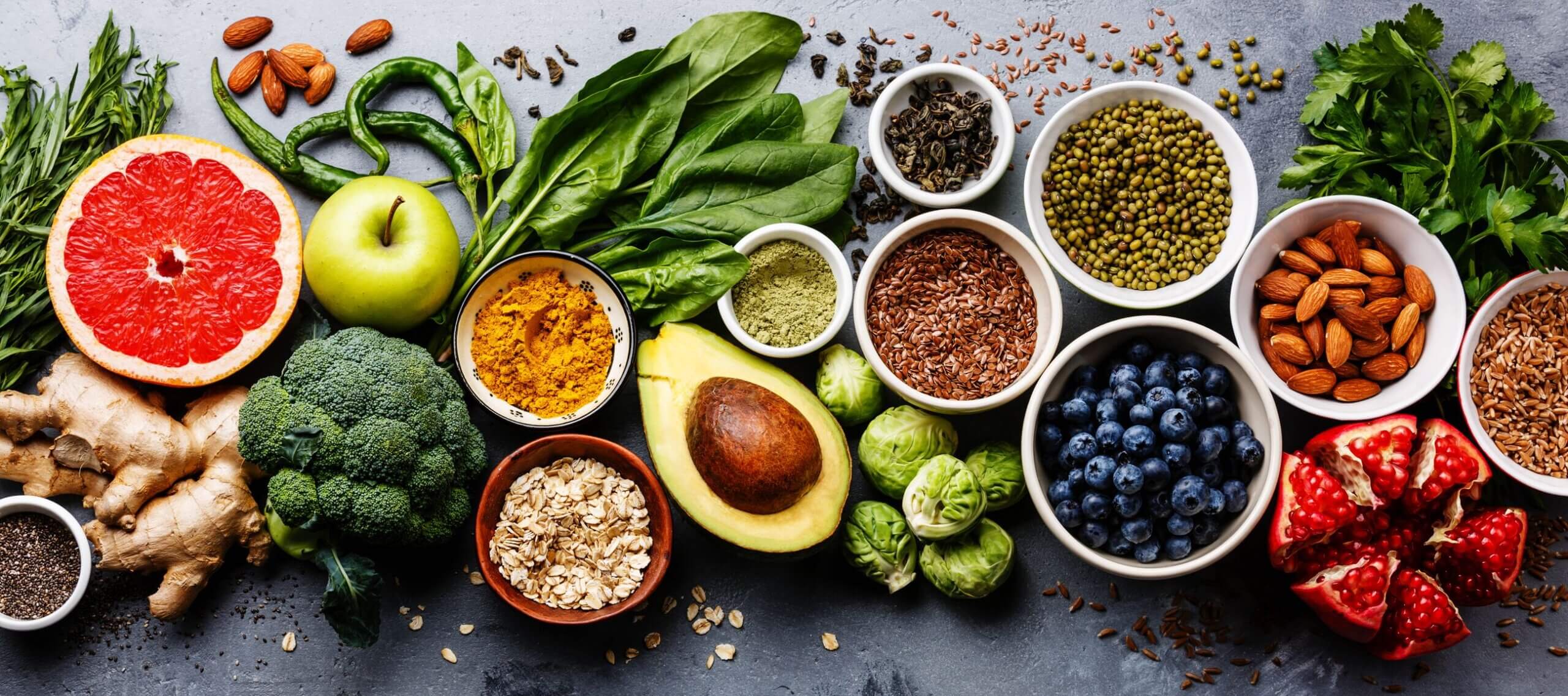Plant-based foods have surged in popularity in recent years, driven by growing consumer awareness of health, sustainability, and ethical considerations. From plant-based meats and dairy alternatives to fruits, vegetables, and grains, plant-based foods offer a delicious and nutritious way to fuel our bodies while minimizing environmental impact. In this article, we’ll delve into the diverse world of plant-based foods, highlighting their benefits, versatility, and culinary potential.
The Rise of Plant-Based Eating
Plant-based eating involves consuming foods primarily derived from plants, such as fruits, vegetables, grains, legumes, nuts, and seeds, while minimizing or eliminating animal products. This dietary approach has gained traction among health-conscious consumers, environmental advocates, and those concerned about animal welfare. By embracing plant-based foods, individuals can enjoy a wide array of health benefits while reducing their carbon footprint and supporting sustainable food systems.
Health Benefits of Plant-Based Foods
Nutrient-Rich and Low in Saturated Fat
Plant-based foods are rich in essential nutrients, including vitamins, minerals, fiber, and antioxidants, which are vital for maintaining optimal health and well-being. By incorporating a variety of plant-based foods into their diet, individuals can meet their nutritional needs while reducing their intake of saturated fat and cholesterol associated with animal products.
Heart Health and Disease Prevention
Studies have shown that plant-based diets are associated with a lower risk of heart disease, hypertension, type 2 diabetes, and certain types of cancer. The abundance of fiber, phytonutrients, and healthy fats found in plant-based foods can improve cholesterol levels, regulate blood sugar, and support overall cardiovascular health.
Weight Management and Digestive Health
Plant-based diets are naturally lower in calories and higher in fiber, making them ideal for weight management and digestive health. Fiber-rich foods, such as fruits, vegetables, legumes, and whole grains, promote satiety, regulate bowel movements, and support a healthy gut microbiome, reducing the risk of obesity and digestive disorders.
Exploring Plant-Based Foods
Plant-Based Proteins
Plant-based proteins, such as beans, lentils, tofu, tempeh, and seitan, offer a nutritious and sustainable alternative to animal-based proteins. These protein-rich foods are versatile and can be incorporated into a wide range of dishes, from stir-fries and salads to burgers and stews, providing essential amino acids and promoting muscle growth and repair.
Dairy Alternatives
Dairy alternatives, such as almond milk, soy milk, coconut milk, and oat milk, offer lactose-free options for individuals with lactose intolerance or dairy allergies. These plant-based milks are fortified with calcium, vitamin D, and other nutrients to mimic the nutritional profile of dairy milk while offering a creamy and flavorful alternative for cooking, baking, and beverages.
Plant-Based Meats
Plant-based meat alternatives, such as burgers, sausages, and chicken substitutes, replicate the taste, texture, and appearance of animal-based meats using plant-derived ingredients, such as pea protein, soy protein, and mushrooms. These innovative products offer a cruelty-free and eco-friendly alternative to traditional meat products while satisfying carnivorous cravings and reducing environmental impact.
Conclusion
Plant-based foods offer a delicious, nutritious, and sustainable way to nourish our bodies and protect the planet. Whether you’re exploring plant-based proteins, dairy alternatives, or meat substitutes, incorporating more plant-based foods into your diet can have profound benefits for your health, the environment, and animal welfare. By embracing the diverse world of plant-based foods, we can pave the way for a healthier, more compassionate future for generations to come.





